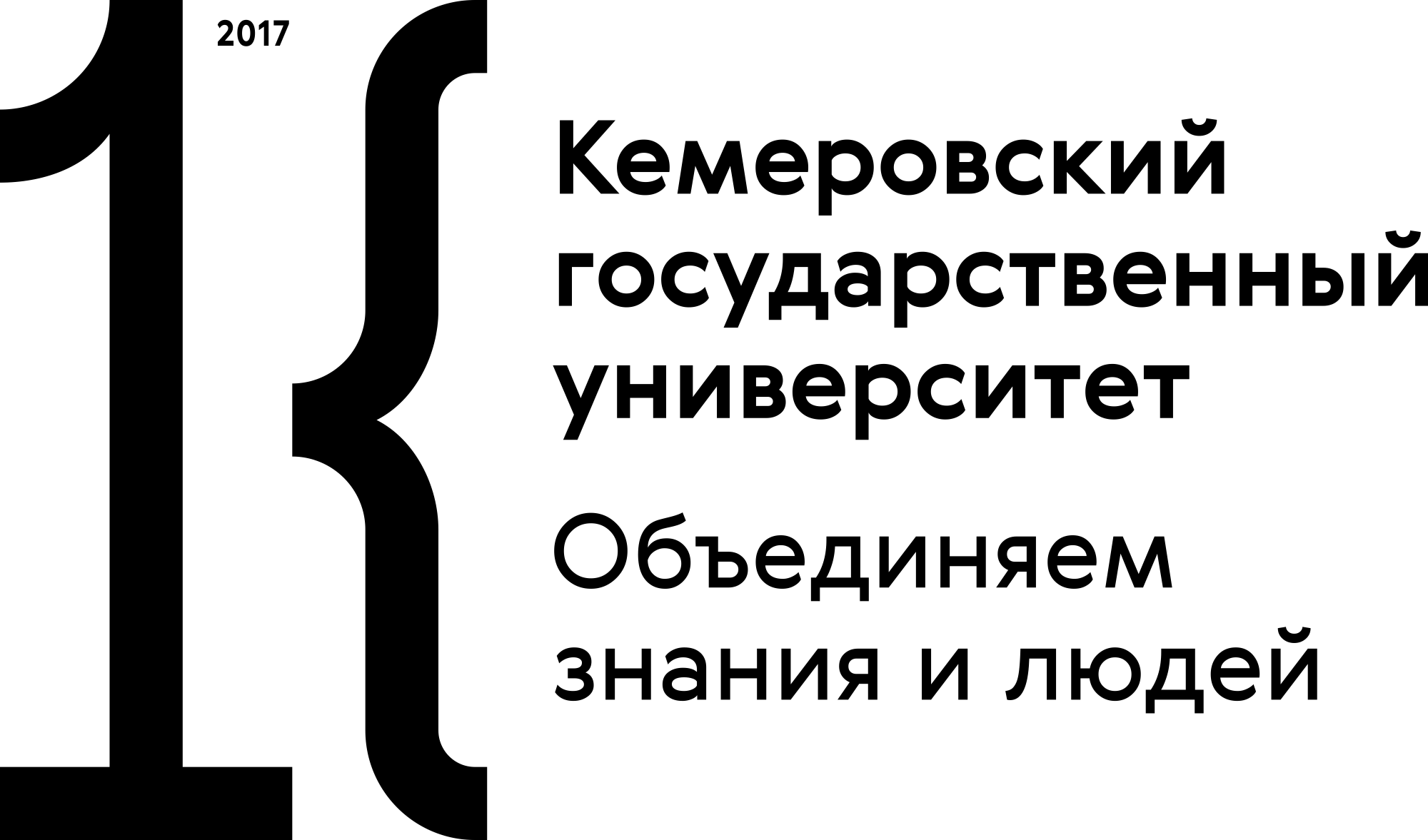Russian Federation
Novokuzneck, Kemerovo, Russian Federation
Novokuzneck, Russian Federation
UDC 33
The research objective was to determine the main vector of education development based on the analysis of Russian and foreign experience in using various methods of active learning. This vector is directed at a stable interaction between the real sector of the economy and the state in the educational process in order to improve the quality of education in general. The modern digital environment of higher education should create conditions for comprehensive development and new opportunities for students to receive high quality education based on modern practice-oriented technologies. Modern society needs education to preserve its fundamental nature. However, education reforms change its content, e.g. by reducing classroom hours, focusing on independent learning, etc. The article describes the main problems and prospects of personnel training in higher education and the necessary competences of all participants of educational process aimed at sustainable economic development of society in the context of global digitalization. The authors developed and described the mechanism of interaction between the participants of system science – business – production – state – society, integrated in the educational process. The mechanism uses practice-oriented technologies in order to increase the competitiveness of university graduates in the labor market and the quality of education in general. This mechanism will help to involve students in the educational process and face the modern realities of changing society, whose main priority is to adapt to rapidly changing working conditions.
globalization of economy, life-long education, digitalization of higher education, management of the learning process, active learning
1. Romantsev G. M., Dorozhkin E. M., Osipova I. V., Tarasyuk O. V. Anticipatory development of vocational education as the factor of ensuring national security of Russia. Social and professional mobility in the XXI century: Proc. Intern. Conf., Ekaterinburg, May 29-30, 2014. Ekaterinburg, 2014, 43-51. (In Russ.)
2. Smirnov I. P., Poliakov V. A., Tkachenko E. V. New principles of primary vocational education organization. Moscow: Aspekt, 2004, 31. (In Russ.)
3. Berulava M. N. Integration of the content of education. Moscow: Sovershenstvo, 1998, 192. (In Russ.)
4. Rybakina N. A. Integration of general and vocational education in the context of the paradigm of continuing education. Vestnik Voronezhskogo gosudarstvennogo tekhnicheskogo universiteta, 2013, 9(5-2): 106-108. (In Russ.)
5. Popova O. I. Transformation of higher education in the conditions of the digital economy. Voprosy upravleniya, 2018, (5): 158-160. (In Russ.)
6. Kupriyanova L. M., Efimova O. N. Information society: the modern stage of development of the new economy. Mir novoi ekonomiki, 2014, (3): 71-85. (In Russ.)
7. Mityagina E. V., Dolgopolova N. S. Clipping youth consciousness in modern media society. Vestnik Nizhegorodskogo universiteta im. N. I. Lobachevskogo. Seriia Sotsialnye nauki, 2009, (3): 53-59. (In Russ.)
8. Pucciarelli F., Kaplan A. Competition and strategy in higher education: managing complexity and uncertainty. Business Horizons, 2016, 59(3): 311-320. DOI:https://doi.org/10.1016/j.bushor.2016.01.003
9. Shin S., Brush T. A., Saye J. W. Using technology-enhanced cases in teacher education: an exploratory study in a social studies methods course. Teaching and Teacher Education, 2019, 78: 151-164. DOI:https://doi.org/10.1016/j.tate.2018.11.018
10. Farashahi M., Tajeddin M. Effectiveness of teaching methods in business education: a comparison study on the learning outcomes of lectures, case studies and simulations. The International Journal of Management Education, 2018, 16(1): 131-142. DOI:https://doi.org/10.1016/j.ijme.2018.01.003
11. Han I., Eom M., Shin W. S. Multimedia case-based learning to enhance pre-service teachers' knowledge integration for teaching with technologies. Teaching and Teacher Education, 2013, 34: 122-129. DOI:https://doi.org/10.1016/j.tate.2013.03.006
12. Almeida J., Daniel A. D., Figueiredo C. The future of management education: the role of entrepreneurship education and junior enterprises. The International Journal of Management Education, 2019. DOI:https://doi.org/10.1016/j.ijme.2019.100318
13. Toffler A. The third wave. N. Y.: William Morrow and Company, 1980, 544.
14. Avramenko A. Enhancing students' employability through business simulation. Education + Training, 2012, 54(5): 355-367. DOI:https://doi.org/10.1108/00400911211244669
15. Zelin R. C. An exploration of the effectiveness of an audit simulation tool in a classroom setting. American Journal of Business Education, 2010, 3(9): 7-12. DOI:https://doi.org/10.19030/ajbe.v3i9.474
16. Mendoza J. M. F., Gallego-Schmid A., Azapagic A. Building a business case for implementation of a circular economy in higher education institutions. Journal of Cleaner Production, 2019, 220: 553-567. DOI:https://doi.org/10.1016/j.jclepro.2019.02.045
17. Syrotyuk S. D., Nguyen P. T., Lydia E. L., Hashim W., Shankar K., Maseleno A. Implementing a practice-oriented learning principle in a higher school. Religacion - Revista De Cienncias Sociales y Humanidades, 2019, 4(18): 601-607.
18. Margarov G., Mitrofanova E., Konovalova V., Mitrofanova A., Trubitsyn K. Effectiveness of implementing practice-oriented higher education programs based on stakeholders feedback. European Proceedings of Social and Behavioural Sciences: Proc. Intern. Conf. on Research Paradigms Transformation in Social Sciences, Tomsk, May 18-21, 2017. Tomsk, 2017, vol. 35, 906-914. DOI:https://doi.org/10.15405/epsbs.2018.02.107
19. Dale E. Audiovisual methods in teaching. N. Y.: Dryden Press, 1969, 719.
20. Bylieva D., Lobatyuk V., Safonova A., Rubtsova A. Correlation between the practical aspect of the course and the E-learning progress. Education Sciences, 2019, 9(3). DOI:https://doi.org/10.3390/educsci9030167
21. Reinsel D., Gantz J., Rydning J. The digitization of the world: from edge to core. Framingham, MA: IDC, 2018, 27.
22. Sabanova L. N., Zatepyakin O. A. Features of training in the digital economy. Modern finance and digital economy: Proc. Ural Youth Conf., Ekaterinburg, November 15-16, 2019. Ekaterinburg, 2019, 243-247. (In Russ.)
23. Chernyshev A. Yu. Practical training in MSUCE as one of the basic stages of continuing education in construction. Procedia - Social and Behavioral Sciences, 2014, 142: 623-627. DOI:https://doi.org/10.1016/j.sbspro.2014.07.676
24. Loktionova S. A. Problems and vector of development of the modern scientific school of young scientists. Questions of modern science: problems, trends, and prospects: Proc. III Intern. Sci.-Prac. Conf., Novokuznetsk, December 5-6, 2019. Novokuznetsk, 2019, 350-352. (In Russ.)
25. Ivanova E. V., Efremkova T. I., Shipunova V. V., Sabanova L. N. Problems and prospects of digitalization of the Kemerovo region economy. Regional Economics and Management: electronic scientific journal, 2019, (1). Available at: https://eee-region.ru/article/5706/ (accessed 02.04.2020). (In Russ.)

















